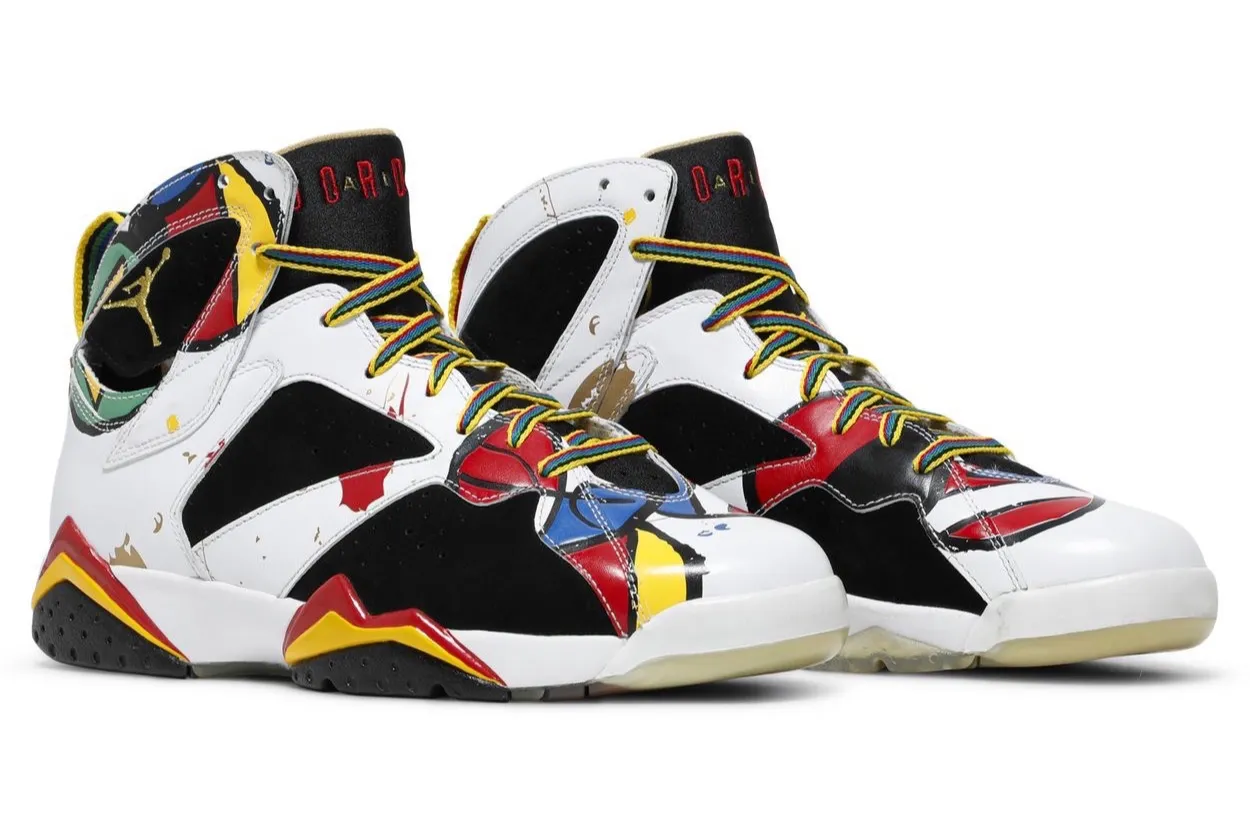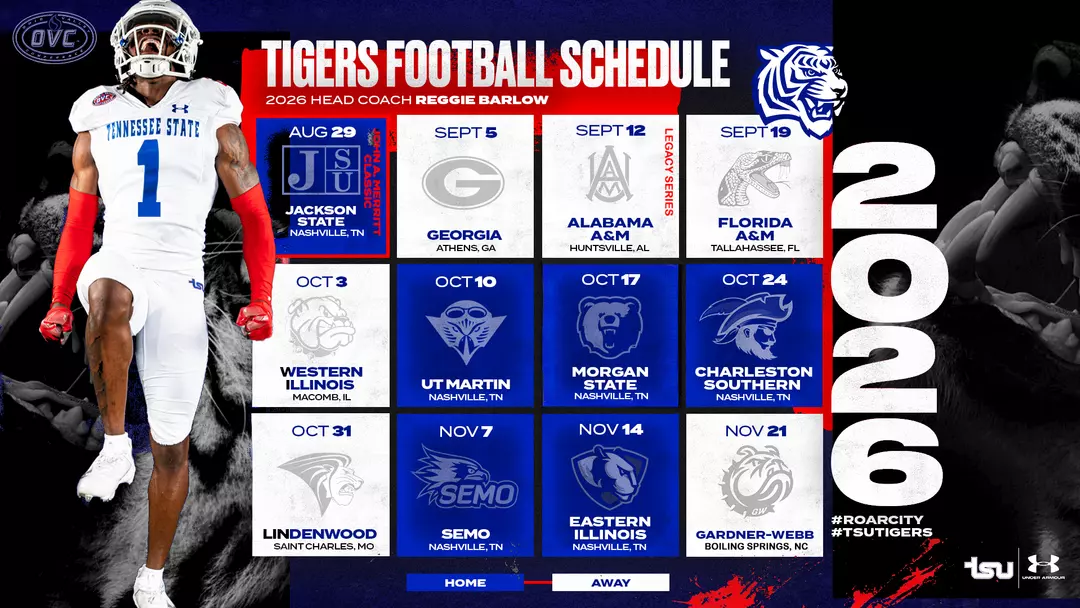This article from CNBC’s Elly Cosgrave
- Hundreds of Nike employees marched in protest of the company’s treatment of women at its headquarters Monday, according to local and national reports.
- This march took place on the same day Nike reopened a building named after disgraced running coach Alberto Salazar, the coach of Nike’s now shuttered Oregon Project.
- The protest comes about a month after a damning op-ed that highlighted the obstacles female athletes have faced while training with Salazar.
Nike employees protested the sportswear company’s treatment of women on Monday, the same day Nike reopened a building at its headquarters named after disgraced running coach Alberto Salazar, according to several news reports.
Hundreds of employees marched at Nike’s Beaverton, Ore. headquarters, a campus where many of the buildings are named after famous athletes that have signed Nike endorsement contracts such as Tiger Woods, Michael Jordan and Mia Hamm, according to local and national news reports.
Employees distributed fliers that warned employees against speaking to the press and said the walk was designed to “celebrate what women bring to sport and to champion equality,” the Willamette Week reported.
The march was not sanctioned by Nike, but several senior executives joined the employees and engaged them in a dialogue, according to a Wall Street Journal report.
This protest comes about a month after Nike was hit with a damning op-ed in the New York Times by running prodigy Mary Cain that highlighted the obstacles female athletes have faced while training with Salazar, the coach of Nike’s now-shuttered Oregon Project.
When she arrived at Nike for training, Cain said the all-male staff, including Salazar, told her she needed to be “thinner and thinner and thinner” if she wanted to improve as a runner. She also said she was “emotionally and physically abused by a system designed by Alberto [Salazar] and endorsed by Nike.”
Cain tweeted out photos of protesters holding signs that said things like “empower women,” “do the right thing” and “we believe in Mary.”
Cain also said that the company must allow a third party to run its investigation of Salazar. Nike launched an “immediate” investigation into the Oregon Project and Salazar after the allegations of body-shaming.
“These allegations are completely inconsistent with our values,” a spokesperson told CNBC in an emailed statement in response to the allegations made against the Oregon Project a little over a month ago.
Salazar was banned for four years earlier this year by the U.S. Anti-Doping Agency on counts of three doping code violations. However, the head coach has denied any wrongdoing.
Nike has been criticized for its treatment of female athletes for some time.
In May, the New York Times reported that two former Nike runners, Kara Goucher and Alysia Montano, said their contracts were cut during their pregnancies. Olympic champion Allyson Felix, in a separate op-ed that month, said she was similarly treated.
But questions surrounding Nike’s treatment of women in the workplace extends even further back. In 2017, an informal survey was circulated by female employees at the company that sought to gather insight into other women’s experiences with inappropriate behavior and discrimination at the company.
This survey was brought to the attention of former CEO Mark Parker who initiated a formal review that led two top-ranking executives to resign and a public apology from Parker, who is stepping down next month.
A group of female former employees sued the company in August 2018 over allegations that it systematically discriminated against women and fostered a hostile work environment, according to a lawsuit.
Nike didn’t immediately respond to a request for comment.
-CNBC’s Lauren Thomas contributed to this report




